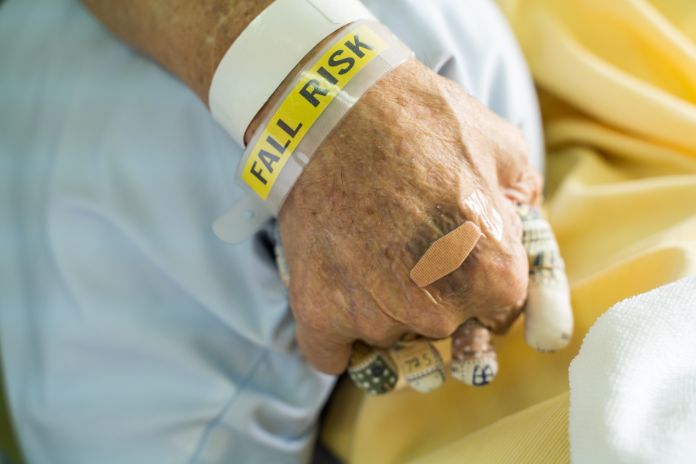When you receive a new prescription medication, where do you keep it? Often, the answer is simply in the bathroom cabinet. However, there are many medicines and other pharmaceutical products that require more intensive storage and care. Many of the drugs we use to treat symptoms and stop illnesses are temperature-sensitive. Some even require specific regulations in order to retain their effectiveness. From everyday medications to vaccines that eradicate diseases, here are some of the common medicines that require cold storage.
The Importance of Medical Cold Storage
Temperature regulations can be vital when it comes to certain medications. If you don’t properly refrigerate a temperature-sensitive medicine, it can become contaminated or ineffective. Proper cold storage preserves these types of medicines, maintaining their potency and granting them a longer shelf life. This is why laboratories and hospitals use medical cold storage units to keep their materials safe. These pharmaceutical-grade refrigerators offer many benefits, including precise temperature monitoring and backups to protect materials in the event of a power outage or other emergency. Whether you’re handling lab materials or simply storing your own medications, it’s important to read labels and instructions so that you can keep your medicines at the proper temperature.
Vaccines
Vaccines are some of the most important and most common medicines that require cold storage. Vaccines contain living organisms that can degrade at incorrect temperatures and spoil the entire substance. Without the proper cold storage, vaccines lose their ability to fight diseases and become useless—if not dangerous—for patients. On the other hand, consistent temperatures preserve the microorganisms within the vaccine and lower the risk of contamination.
Insulin
Anyone with diabetes knows the importance of proper medicine storage. Keeping insulin at the proper temperature—roughly 36 to 46 degrees Fahrenheit—helps ensure that the product remains effective until its expiration date. While you can keep your current vial of insulin at room temperature, refrigerating all unopened vials, cartridges, and pens helps maintain their shelf life.
Eyedrops and Eardrops
Many eyedrops and eardrops also require certain temperature regulations. While these medicines are often like insulin, where you can keep your current vial at room temperature, it’s important to read the instructions carefully. If you don’t properly store unopened vials, you risk losing them—or even using them after they’ve gone bad.
Whenever you receive a new prescription, make sure you read about its storage requirements. Professionals and consumers alike can keep medicines safe and avoid extra costs by treating them with care and maintaining proper cold storage throughout the medication’s shelf life.







